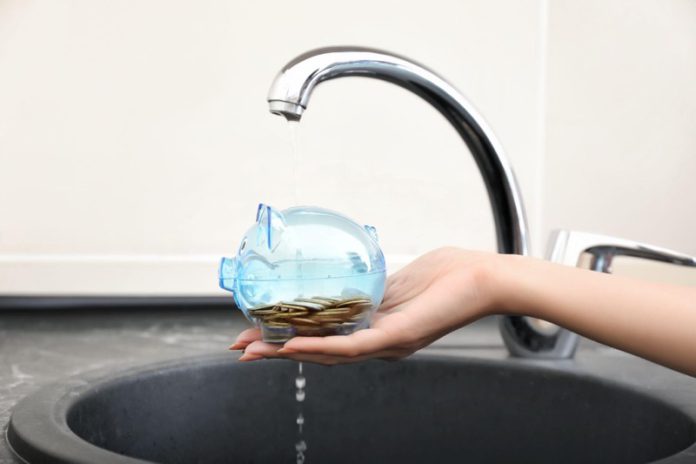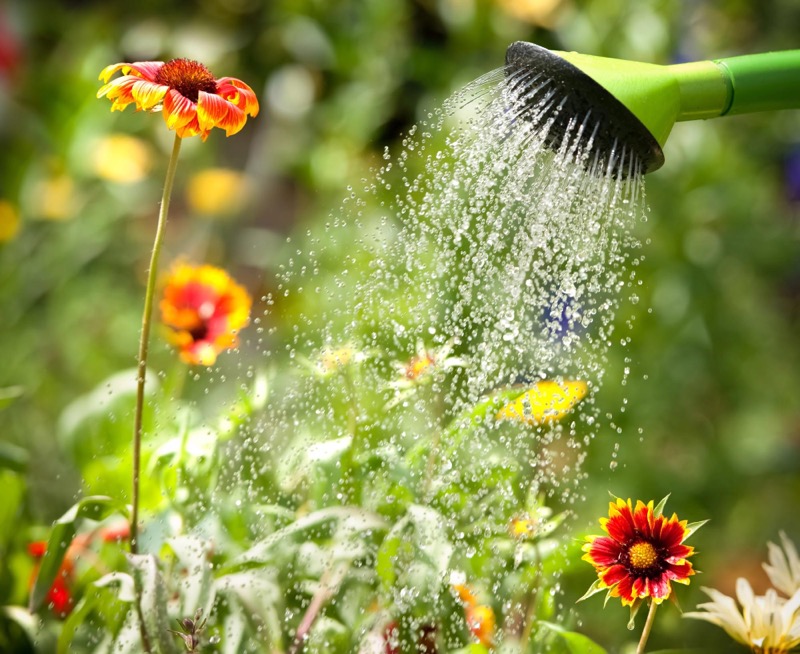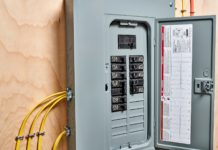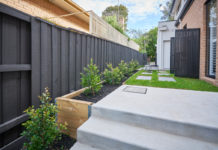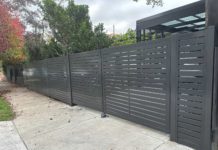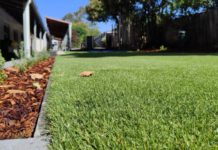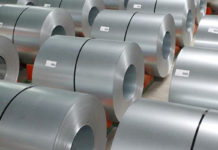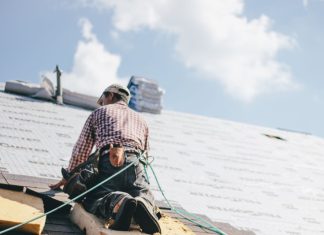With the rapid onset of climatic shifts, expanding urban centres, and escalating population growth, cities across the globe are witnessing a major challenge – water conservation. This demand for better water management is prompting homeowners to adopt water-efficient practices that will ensure a sustainable water future. The Australian city of Melbourne, renowned for its picturesque landscapes, vast city streets, and iconic residential homes, is also part of this global endeavour. Amid escalating environmental pressure, this article provides an exhaustive explanation of the different methods that Melbourne homeowners can employ to ensure water efficiency. We delve deeper into the domains of water-efficient appliances, sustainable gardening implementations, and the immense need for education and water conservation awareness. The goal is to not just merely acquaint you with these concepts but to inspire a more significant change about how we value and manage this precious resource.
Unveiling Melbourne’s Water Usage Reality
Melbourne’s reality is beautiful yet concerning. The visually stunning city streets and breathtakingly beautiful homes create an image of opulence; however, this external spectacle hides an alarming issue – escalating water consumption. If we closely investigate, residential water use accounts for a significant fraction of the total water consumption in Melbourne; gradually inching towards critical proportions. Basic domestic activities like gardening, dishwashing, bathroom use, all cumulatively contribute to the water use.
The problem intensifies when one considers the disastrous impacts, should the current water usage trends persist. Projected future scenarios paint a grim picture of severe water shortages that could jeopardise various aspects of life within the city. It won’t just disrupt residential home lifestyles; severe water scarcity has the potential to cause economic disarray and drive a significant imbalance in the rich biodiversity Melbourne hosts – critically endangering numerous unique Australian flora and fauna species.
Unpacking Water Efficiency
The term ‘water efficiency’ is more than just a buzzword; it signifies a comprehensive approach to manage water resources optimally. This management extends to reducing water wastage, curtailing potential loss, and enhancing the ‘value’ of water use consumed across all user domains. For homes in Melbourne, practising water efficiency holds crucial economic implications by curtailing daily water costs for Melbourne residents and promises long-term environmental benefits.
A calculated approach to water efficiency helps conserve the life-essential resource which is fast becoming scarce due to numerous anthropogenic pressures. Furthermore, the methodical use of water minimises the need for new water supply infrastructures which can emerge as a significant saving in environmental and economic costs linked with their establishment and management. An increased focus on water efficiency can help reduce the degradation of water supply and wastewater treatment facilities, thereby cutting down on their long-term operating expenses.
The Australian government’s initiatives directed at encouraging water conservation practices are commendable. The introduction of mandatory water efficiency labelling on household appliances, rebates on water-saving products and rainwater tank installation subsidies are practical government steps taken to encourage a more informed approach towards water conservation.
Embracing Water-Efficient Appliances in Melbourne Homes
As the pressure on water resources increases, adopting water-efficient appliances can play a critical role in countering this issue. These appliances have been designed with considerable scientific inputs to ensure a reduction in water consumption without compromising their performance. Melbourne homeowners can adopt these eco-friendly appliances to conserve water, creating a greener lifestyle.
Taking the example of a dual-flush toilet model – such a toilet uses an average of 4 litres per flush as opposed to an average of 11 litres per flush used by a standard toilet model. The potential water saving is as much as 67% of water typically used in toilet flushes.
Similarly, water-efficient showerheads, dishwashers and washing machines make optimum use of water without diluting their performance or convenience. Investment in these appliances yields high savings by reducing household water usage by remarkable proportions. There are encouraging instances where Melbourne homes have reported substantial reductions in their water usage statistics, lowering it by as much as 30% by just replacing their appliances.
Sustainable Water Practices in Melbourne Gardens
A considerable chunk of residential water use can be attributed to gardens. Employing basic, sustainable gardening techniques can help Melbourne homeowners transform their green spaces into ‘blue’, water-friendly areas.
The green-blue transition begins with choosing the correct plant species. The native Australian flora species, that have evolved to adapt to Melbourne’s unique climatic and rainfall patterns, require much less watering compared to exotic plant species. Doing so could help reduce garden water consumption. Besides, incorporating drought-tolerant plants can create attractive landscapes without the need for high maintenance or excessive watering.
Mulching and choosing efficient irrigation systems like drip irrigation and timed sprinklers can contribute significantly to optimising water use in gardens. These systems limit water wastage due to runoff or evaporation by providing controlled irrigation ideally suited for absorption by the soil.
Cultivating Water Efficiency Awareness Through Education
Efforts focused on enhancing water efficiency can yield major results when they are backed by robust public education and heightened awareness. Several Melbourne-based initiatives like school programmes, local workshops, online resources dedicated to educating the public about water efficiency can help guide households towards making informed decisions regarding water use.
The education process, however, cannot be limited to adults alone; children also need to be part of this important journey. Familiarising children with the functions and critical importance of water in an engaging, fun-filled manner is crucial to formulating a lifelong respect for this valuable resource and imbibing in them a sense of responsibility towards water conservation.
Conclusion: Shaping Melbourne’s Water-efficient Future
Water efficiency symbolises a significant ideology aimed at ensuring a sustainable, conscious future for all Melbourne residents. For a city experiencing acute water shortages due to population growth, endorsing effective water efficiency practices represents a critical part of the solution to this problem.
Whether it is installing eco-friendly appliances, committing to sustainable garden practices or spearheading education initiatives on water conservation, every little action undertaken in this direction has the potential to create long-lasting positive changes. The adoption of emerging technology and innovative practices is set to revolutionise our understanding, use, and management of water resources.
However, the success of these ambitious endeavours banks heavily on individual responsibility. If every Melbourne resident takes on the challenge to manage their water use judiciously and commits to implementing the strategies outlined in this article, imagine the change we could achieve. With concerted efforts, Melbourne can become a model city for water conservation, demonstrating resilience in the face of climate change and emerging water crisis.
